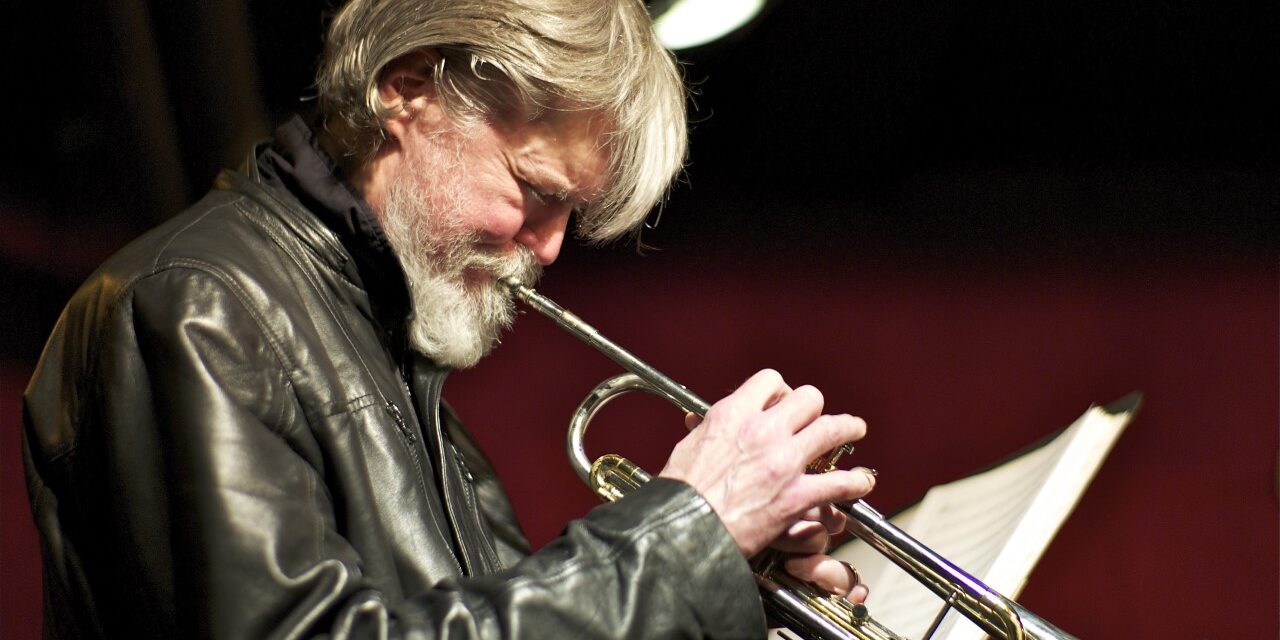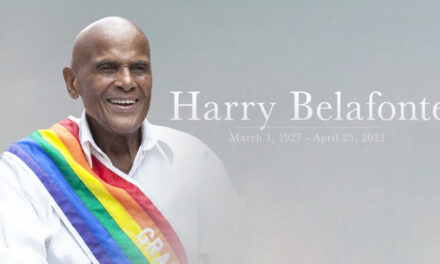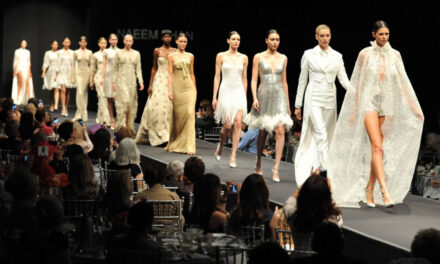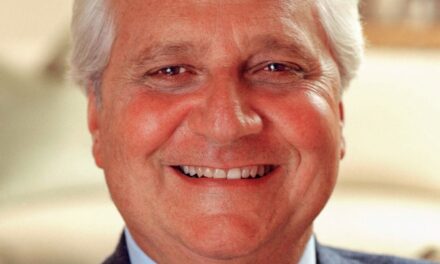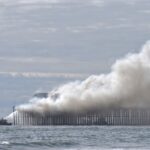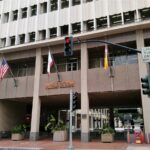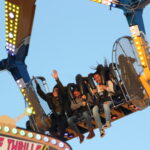
The prolific jazz trumpeter, composer, and band leader Tom Harrell performed a six-nights set at New York’s The Village Vanguard Jazz Club, and audiences were astounded at his genius of improvisation. (Photo by Angela Harrell)
By Danny R. Johnson – Jazz and Pop Music Critic
NEW YORK, NY – Jazz trumpeter Tom Harrell is one of those rare musicians who possess an honest and genuinely originality, and carries a tremendous amount of talent which does not always get the respect and recognition he deserves. Which is why Tom Harrell Quartet’s performance was such a big deal on January 9-14, 2018, at New York City’s Village Vanguard.
Yes, it was obvious that Harrell’s lifelong struggle with paranoid schizophrenia has worsen over the years and was on full display in his performances; However, he still is able to channel his mental challenges into his music –size, radiance, kindness, a genius for discontinuous logic were on full display.
The three-time winner of DownBeat Magazine’s Trumpeter of the Year, has established a trademark reputation for creating snippets of melodies and wove them into songs he plays. Some surely were calculated and some were not. But not all and probably not many, for they are too supple and too subtle.
The eight untitled selections he performed at Village Vanguard on January 14 (8:30 p.m. set), was done so with the assistance of persistent and gifted musicians which comprised the ensemble. Danny Grissett on piano, Ugonna Okegwo on bass, and Adam Cruz on drums, provided the audience the opportunity to witness how Harrell takes melodies and rhythms and fold them into his solos like spectral glimpses of an alternative universe in which all of Tin Pan Alley is one infinite song.
Immersing oneself in Harrell’s art is both an exhilarating and dispiriting experience – the former because his music is eternally fresh, the latter because so much else seems tame and trite by comparison. Watching Harrell grimaces and occasional have conversations with himself proliferated throughout his performances. But what is magical is how he thinks on the spot of so many odd notions that sound so unalterably right in his performances.
Grissett, Okegwo, and Cruz are the finest collaborators on the music scene today. You can almost hear Harrell hearing the pianist, so deftly and emphatically he shifted dynamics, bearing down when appropriate, floating the rhythm with unfaltering precision! There were memorable turns Harrell displayed that were brief and faded due to his loss of energy, but it was obvious to all that Grissett, Okegwo, and Cruz were given plenty of solo time courtesy of Harrell.
Whether he was doubling the bass line behind the trumpet solo on one swinging tune, pianist Grissett was also closing an eight-bar solo on another with blues licks or clipping chords and pounding minor seconds on another selection, or playing havoc by displacing the melody accents.
Harrell, who is 71, professional musical journey began when he joined Stan Kenton’s orchestra, touring and recording with them throughout 1969.
After leaving Kenton, Harrell played with Woody Herman’s Big Band (1970– 1971), Azteca (1972), the Horace Silver Quintet (1973–1977), with whom he made five albums, the Sam Jones-Tom Harrell Big Band, the Lee Konitz Nonet (1979–1981), George Russell, and the Mel Lewis Orchestra (1981). From 1983 to 1989 he was a pivotal member of the Phil Woods Quintet and made seven albums with the group.
In addition, he recorded albums with Vince Guaraldi for whom he also did some arranging for the Peanuts television specials, Bill Evans, Dizzy Gillespie, Ronnie Cuber, Bob Brookmeyer, Lionel Hampton, Bob Berg, Cecil Payne, Bobby Shew, Philip Catherine, Ivan Paduart, Joe Lovano, Charlie Haden’s Liberation Orchestra, Charles McPherson, David Sánchez, Sheila Jordan, Jane Monheit, the King’s Singers and Kathleen Battle among others. Harrell is featured on Bill Evans’ final studio recording, We Will Meet Again, which won a Grammy Award for Best Instrumental Jazz Performance, Group. Harrell is a recipient of the SESAC Jazz Award, BMI (Broadcast Music Incorporated) Composers Award, and Prix Oscar du Jazz. He received a Grammy Award nomination for his big band album, Time’s Mirror.
At the end of the 90-minutes set at Village Vanguard, Harrell spoke to the audience for the first time and introduced the musicians. And with that, as Grissett was thanking the audience for coming out and applauding Harrell, Harrell immediately left the stage. It was if he had said everything he needed to say in his music, and had nothing to add but get ready to swing for the 10:30pm set.

